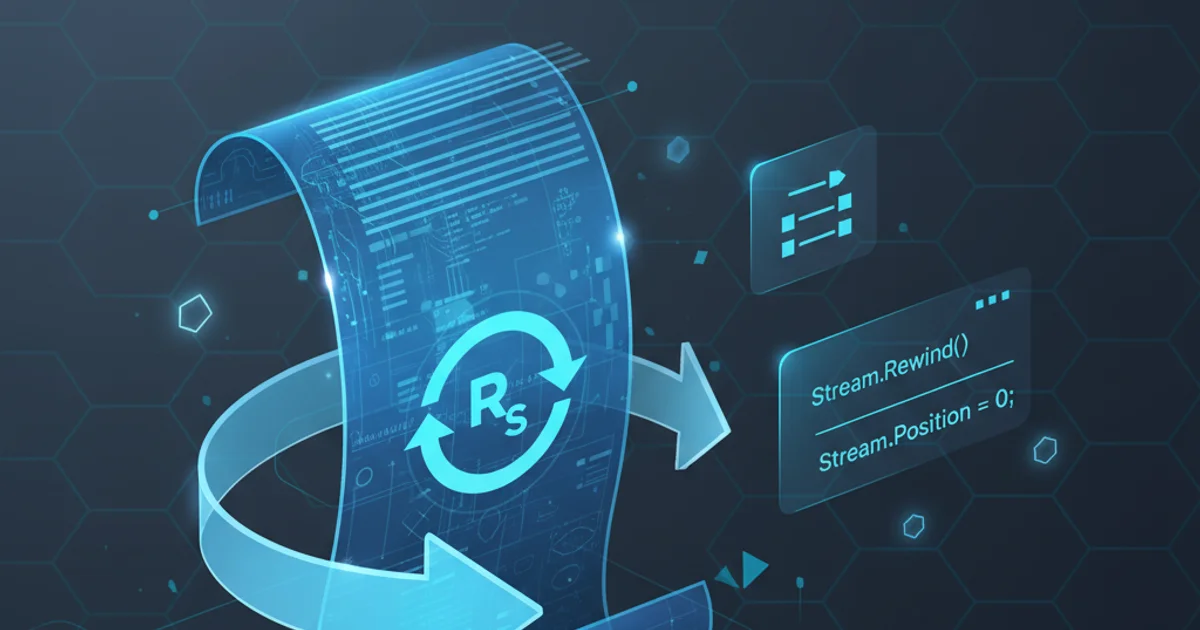Online IDE for Python
Categories:
Boost Your Python Development: A Guide to Online IDEs

Explore the benefits and features of online Integrated Development Environments (IDEs) for Python, perfect for testing, collaboration, and learning.
Online IDEs have revolutionized how developers write, test, and deploy code, especially for languages like Python. They offer a convenient, browser-based environment that eliminates the need for complex local setups, making them ideal for quick prototyping, collaborative projects, and educational purposes. This article delves into the advantages of using online IDEs for Python development, highlighting key features and scenarios where they truly shine.
Why Choose an Online IDE for Python?
The appeal of online IDEs for Python stems from several core advantages. Firstly, accessibility is paramount; you can code from any device with an internet connection, without installing Python, libraries, or an IDE locally. This is particularly useful for students, remote teams, or developers who frequently switch between machines. Secondly, many online IDEs come pre-configured with popular Python libraries and frameworks, saving significant setup time. Lastly, their collaborative features often surpass traditional desktop IDEs, allowing multiple users to work on the same codebase in real-time.
flowchart TD
A[Start Coding Session] --> B{Access Online IDE via Browser}
B --> C[No Local Setup Required]
C --> D[Pre-installed Python & Libraries]
D --> E{Write & Edit Code}
E --> F{Run & Test Code}
F --> G{Collaborate with Team (Optional)}
G --> H[Deploy or Save Project]
H --> I[End Session]Typical Workflow with an Online Python IDE
Key Features to Look for in a Python Online IDE
When selecting an online IDE for your Python projects, several features can significantly enhance your productivity and development experience. Integrated testing environments are crucial for ensuring code quality. Version control integration (like Git) is essential for managing changes and collaborating effectively. Debugging tools help identify and fix issues efficiently. Furthermore, support for various Python versions and package management (e.g., pip) ensures compatibility and ease of dependency handling. Some advanced IDEs also offer deployment options directly from the browser.
import unittest
def add(a, b):
return a + b
class TestAddFunction(unittest.TestCase):
def test_positive_numbers(self):
self.assertEqual(add(2, 3), 5)
def test_negative_numbers(self):
self.assertEqual(add(-1, -1), -2)
def test_zero(self):
self.assertEqual(add(0, 0), 0)
if __name__ == '__main__':
unittest.main()
Example of a simple Python unit test, often runnable directly within an online IDE's testing environment.
Testing and Collaboration in Online Python IDEs
One of the strongest suits of online IDEs is their robust support for testing and collaboration. Integrated testing frameworks allow developers to write and execute unit, integration, and end-to-end tests directly within the browser, often with visual feedback on test results. For collaboration, features like real-time co-editing, shared terminals, and integrated chat functionalities enable teams to work together seamlessly, regardless of their geographical location. This fosters a more agile and efficient development process, especially for distributed teams or pair programming scenarios.
sequenceDiagram
participant DevA as Developer A
participant DevB as Developer B
participant OnlineIDE as Online Python IDE
DevA->>OnlineIDE: Opens Project
DevB->>OnlineIDE: Joins Project (Real-time)
OnlineIDE-->>DevA: Syncs Codebase
OnlineIDE-->>DevB: Syncs Codebase
DevA->>OnlineIDE: Edits `main.py`
OnlineIDE-->>DevB: Real-time Update `main.py`
DevB->>OnlineIDE: Runs Tests
OnlineIDE-->>DevB: Displays Test Results
DevA->>OnlineIDE: Views Test Results (Shared)
DevB->>OnlineIDE: Commits Changes (Git Integration)
OnlineIDE-->>DevA: Notifies of New CommitCollaborative Development and Testing Workflow